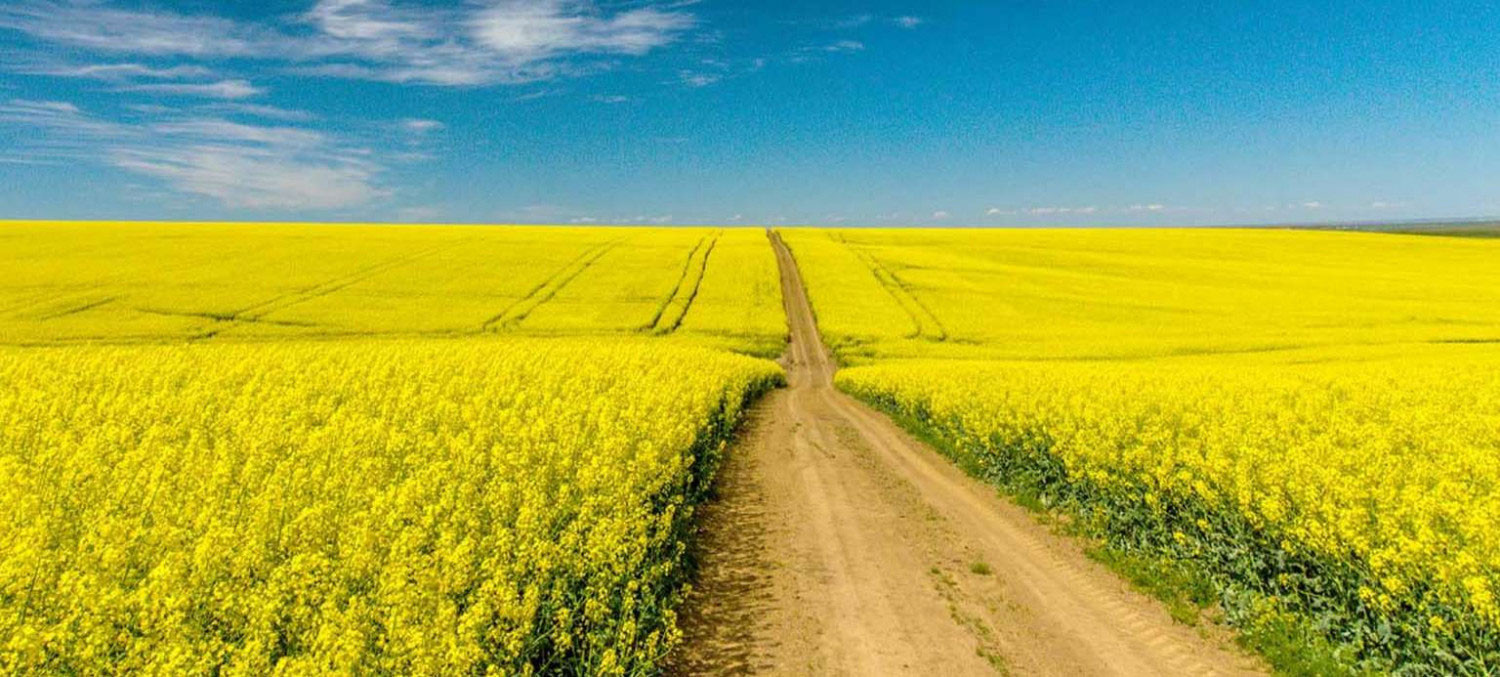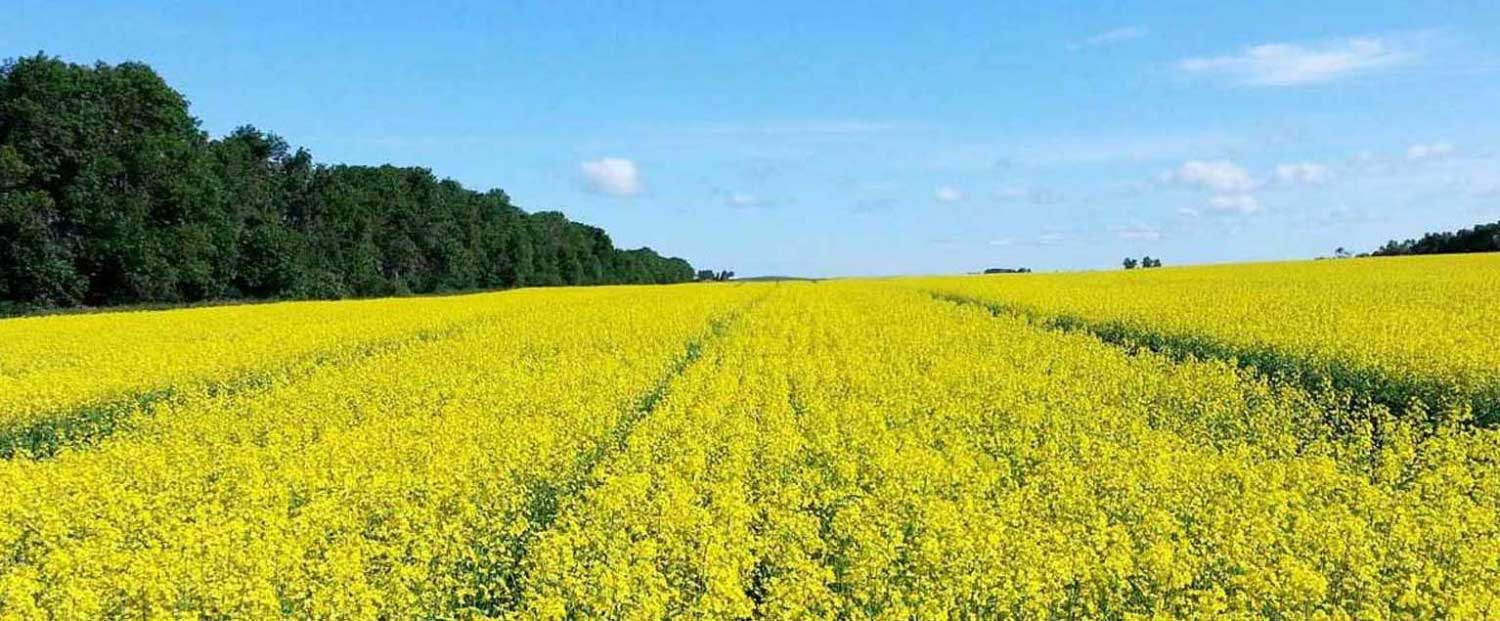

Looking For a Hardy Canola Variety?
Learn more about the options available from Star Specialty Seeds
Canola oil features a light flavor and a high smoke point, making it a versatile choice for the kitchen. It's also used to manufacture soaps, paints, plastics and more. Of course, every application of canola starts with the seeds. Star Specialty Seeds in Fargo, ND wants to be your go-to canola expert. Whether you're a manufacturer or a farmer looking for new varieties, you'll love our range of options. Our STAR 402, STAR 915 and STAR 930 varieties all feature a high oil content.
Start getting ready for the next growing season by selecting the right seeds for your soil and climate. Call 701-361-8958 today if you have any questions about our seed varieties.
Culinary and manufacturing uses alone make canola a high-demand product that will provide consistent income. That's why our experts hope to improve the potential of canola seeds and other specialty crops that the agricultural community relies on. With over 25 years of industry experience, we want to be your canola growing experts. Contact us now about the seed varieties we have available.





